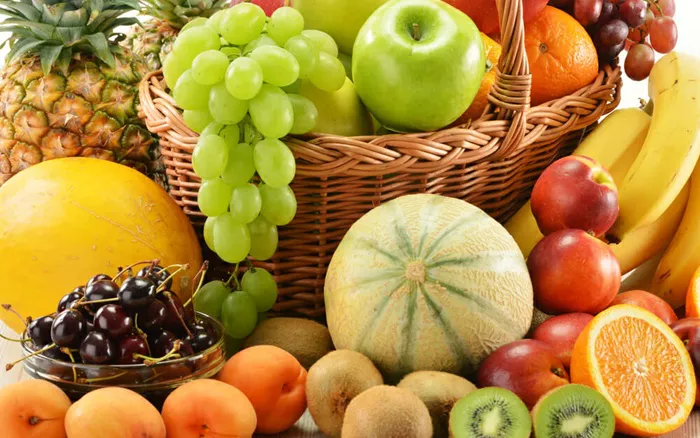Mild forgetfulness is a normal part of aging, according to the National Institute on Aging. However, more serious memory loss can signal bigger concerns. While there is no magic cure, experts say that diet plays an important role in protecting brain health.
One group of foods stands out in the research: berries. Packed with brain-boosting flavonoids and antioxidants, berries may help support memory and slow cognitive decline.
“Flavonoids, a type of polyphenol found in berries and green tea, can cross the blood-brain barrier and help reduce inflammation, which benefits cognitive function,” says Dr. Shae Datta, a neurologist at NYU Langone Hospital–Long Island.
Dr. Tiffani Franada, neurologist at OSF HealthCare in Illinois, adds that the antioxidant properties of berries can also improve blood flow to the brain, further supporting memory retention.
A Harvard study from Brigham and Women’s Hospital found that women who consumed two or more servings of strawberries and blueberries per week delayed memory decline by up to two and a half years. This is largely attributed to anthocyanins, a type of flavonoid responsible for the berries’ vibrant colors and neuroprotective effects.
“Consuming any type of berries is better than no berries at all,” notes Gianna Totillo, registered dietitian and founder of The Diva Dietitian. In addition to flavonoids, berries offer antioxidants and fiber, both of which help reduce inflammation linked to memory loss.
While there’s no evidence suggesting the best time of day to eat berries, registered dietitian Katy Wilbur says they are a smart choice any time due to their low glycemic index. “Eating berries about two to three times per week is associated with better memory and slower brain aging,” adds Meggie Connelly, a registered dietitian at Be Balanced Nutrition Services. “More often is even better, but consistency is key.”
As for how to incorporate berries, experts suggest keeping it simple. A single serving, typically one cup, can be eaten fresh or frozen. “Frozen berries are picked and frozen at peak ripeness, retaining their anthocyanin content,” Wilbur explains.
Dr. Thomas Laudate, a neuropsychologist at Tufts Medical Center, recommends eating whole berries to ensure you get their natural fiber benefits. Pairing berries with healthy fats can further aid nutrient absorption. Popular combinations include berries with chia seeds, walnuts, or Greek yogurt. “I sprinkle berries into chia puddings, yogurt, and cereal for maximum benefits,” says neuropsychologist Dr. Sanam Hafeez.
While berries are beneficial, experts advise avoiding canned fruits packed in syrup. “These can cause blood sugar spikes, which may negatively impact brain health over time,” warns Connelly.
In summary, regularly eating berries may be a simple and effective way to support memory and promote brain health as you age.
Related topics:


